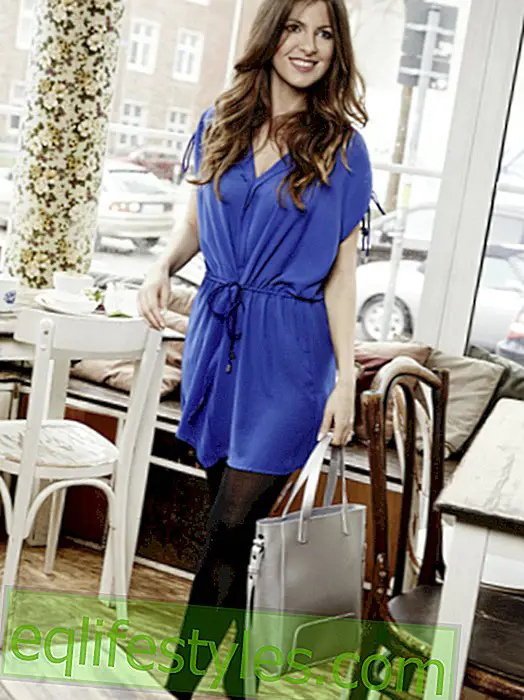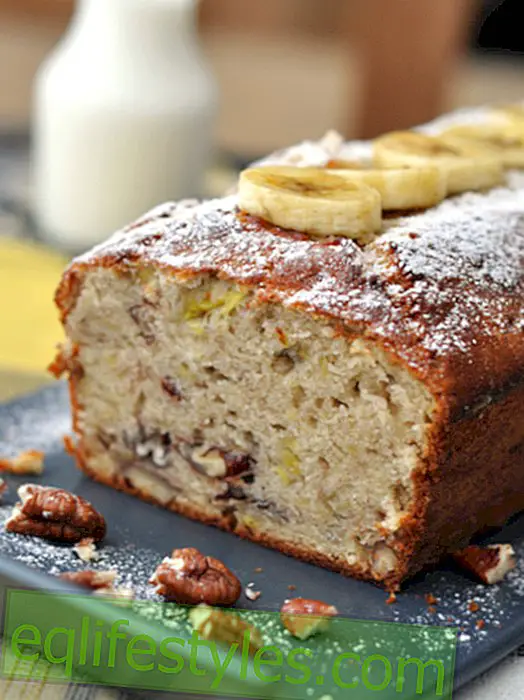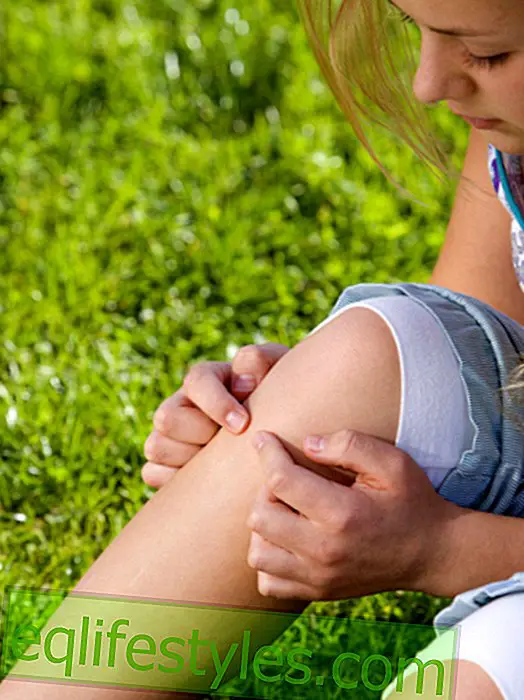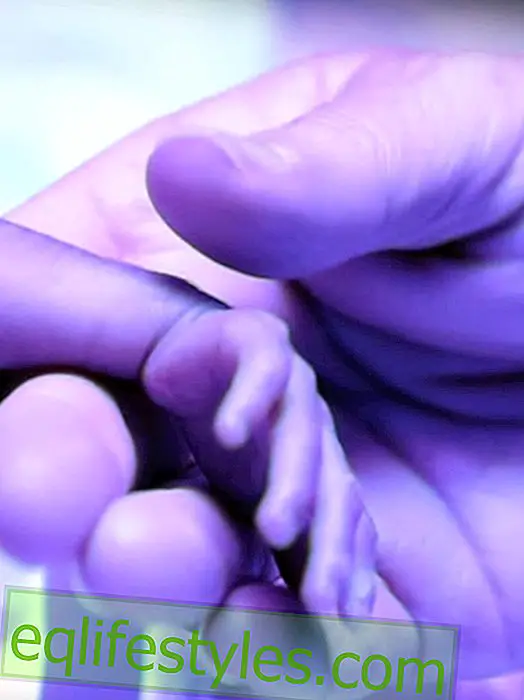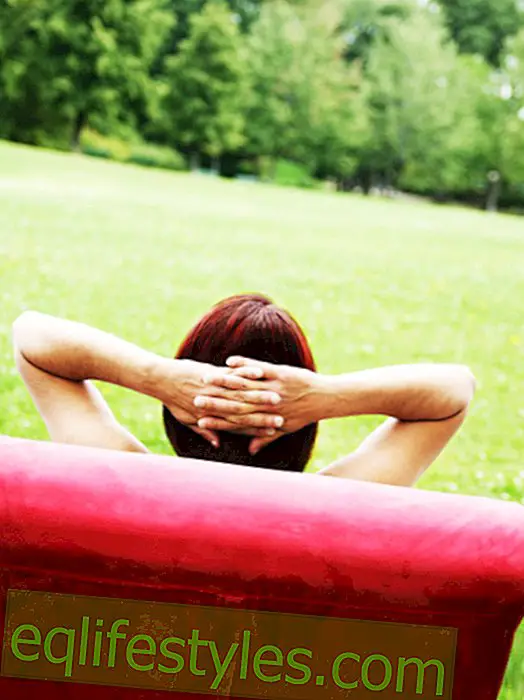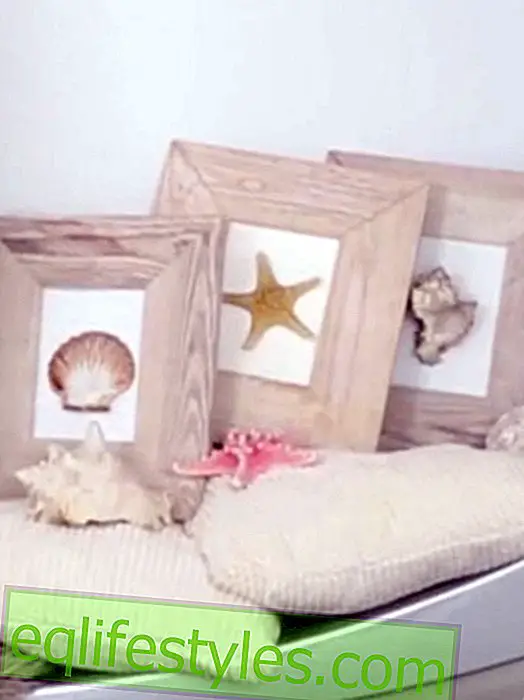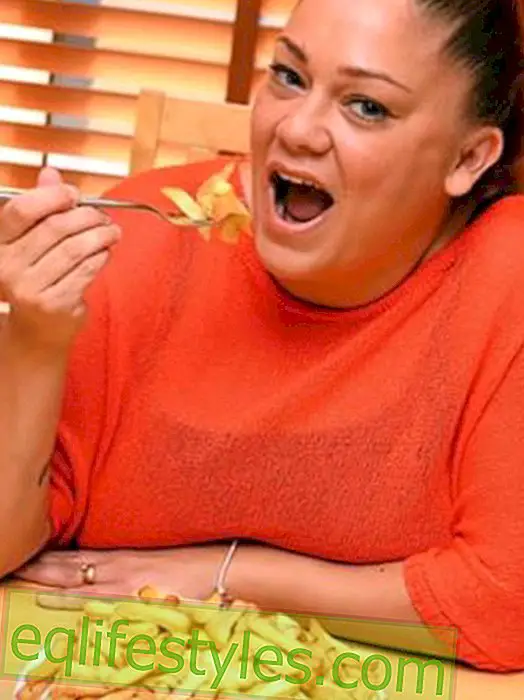In the urban gardening project "Stadtgemüse", integration and sustainability come together: fruit and vegetables are cultivated here together with refugees - in the middle of Hamburg.

Photo: Oscar Jessen
- Urban Gardening with refugees
- What is Urban Gardening?
- Beginning of city vegetables
- Construction and maintenance of raised beds
- Expiry of the Urban Gardening project
- Interview with city vegetable founder Oscar Jessen
Urban Gardening with refugees
Sustainability and integration are in themselves two issues that currently play a central role in our society and will definitely accompany us in the coming decades. The Stadtgemüse project manages to bring together these two important aspects through urban gardening with refugees. Of course, we want to know more about how this works and have met with the founder Oscar Jessen.
What is Urban Gardening?
First of all, the trend is increasingly towards a healthy life . You do not have to be vegan right away, but we want to know exactly where our fruits and vegetables come from. In addition, it should preferably be unsprayed and for ecological reasons have no long journeys behind it, before it comes to us on the table. The solution: Urban Gardening! Many city dwellers now grow their own fruit and vegetables - whether in their own garden, on the balcony, in allotment gardens or on common areas . The great thing about it: It's great fun to grow your own fruit and vegetables.
View this post on InstagramA post shared by Stadtgemüse (@_stadtgemuese_) on Jul 4, 2018 at 4:06 am PDT
Beginning of city vegetables
Initiator Oscar Jessen came up with the idea of combining the urban gardening trend with integration : in September 2017, the cooperation with the foundation "WHAT TO DO!" Began. and the search for a vacant space next to a refugee shelter began. In April 2018 the time had come: In addition to the refugee home Baakenhafen, on the edge of Hamburg's Hafencity, it was then possible to start the pilot project of Stadtgemüse .
Construction and maintenance of raised beds
The first step was the construction of the raised beds: Inititator Oscar Jessen has assembled raised beds from conventional Euro pallets with volunteers and resident refugees. Then sowed together. Since then, the beds have been maintained and maintained together with the inhabitants of the refugee accommodation. Meanwhile, even could be harvested.
Expiry of the Urban Gardening project
Every tuesday from 15:30 to 18 o'clock we garden together. This means that interested Hamburgers are welcome to come over and work on the flower beds together with the refugees. For the rest of the day, the refugees manage the project by hand and water the beds, which is an important factor, especially in the hot summer. In the cold season, in the new Hexhaus, a small wooden house next to the raised beds, cooked and sewn together.
View this post on InstagramA post shared by Stadtgemüse (@_stadtgemuese_) on Jun 27, 2018 at 2:43 am PDT
Interview with city vegetable founder Oscar Jessen
In an interview, project manager Oscar Jessen tells us everything about the extraordinary urban gardening project with refugees:
How did you come up with the idea of making Urban Farming with refugees?
Oscar Jessen: "Originally in Sweden, I came up with the idea of doing Urban Farming, where I got in contact with Urban Gardening for the first time during a language course, because it's a big topic, and the inclusion of the refugees just got through The WAS TUN! Foundation, with which I have worked on the implementation Since a large open space in front of the Baakenhafen refugee home was open to projects, we have incorporated the refugees in our concept of an open platform for intergenerational gardening.Of course, there are garden projects with refugees already, but only to a small extent. "
What exactly is the purpose of the urban gardening initiative with refugees?
Oscar Jessen: "The purpose of the project is to garden together and to network with refugees and, of course, volunteers from Hamburg, while at the same time we want to contribute to environmental education with the beds and to grow our fruit and vegetables in the city as sustainably as possible I see a great meaningfulness in this project, because we not only promote intercultural encounters with the flower beds, but also raise awareness of where our fruits and vegetables actually come from and how they grow, which is not really tangible in a city like Hamburg. "
What were the starting difficulties with city vegetables?
Oscar Jessen : "Since our raised beds in front of the refugee home are relatively remote at the end of the Hafencity, it was particularly difficult to bring people to the flower beds ." As far as the refugees are concerned, the existence of urban vegetables had to be talked about. "
How does common gardening come about?
Oscar Jessen : "The response is very positive, but it is still difficult to bring dedicated people from the city regularly to the flower beds, so we now want to offer bedtime replacements, with those interested in sponsoring two beds - one thing they can do self-manage, one is for a refugee family. "
What is the best thing about the project?
Oscar Jessen: "The best part of the project is to see how others discover the flower beds and how communities form, and of course it's also fun to harvest what you've planted yourself."
How many refugees are taking part?
Oscar Jessen : " Participation depends on the time and the weather, but in our WhatsApp group there are 18. As soon as we have barbecues or other events, we quickly reach 50."
Which types of vegetables do you grow?
Oscar Jessen : " First and foremost a lot of leafy and root vegetables, but also strawberries, because they are very popular with children, apart from that, we just tested what is growing well this year , and potatoes, zucchini, peas, beans, cucumbers and tomatoes will be next Reassemble the year with certainty. "
View this post on InstagramA post shared by Stadtgemüse (@_stadtgemuese_) on Jun 28, 2018 at 1:32 am PDT
How should it continue? Are more projects planned?
Oscar Jessen: " Since we see ourselves as a pilot project, we hope our strategy will be able to equip several refugee homes with our raised beds, otherwise we will stay in the Baakenhafen until 2020 and see where we are going."
Thank you for the interview!
We hope that urban vegetables will continue to grow, as the initiative is an excellent example of a successful combination of sustainability and integration. If you want to know more about the Urban Gardening project, you can do so on the homepage of WAS TUN! learn more .
Also interesting:
Plastic replacement: This material gives hope
Why I do not wear mohair wool clothes
Laboratory meat - because of meat without animal additives!

